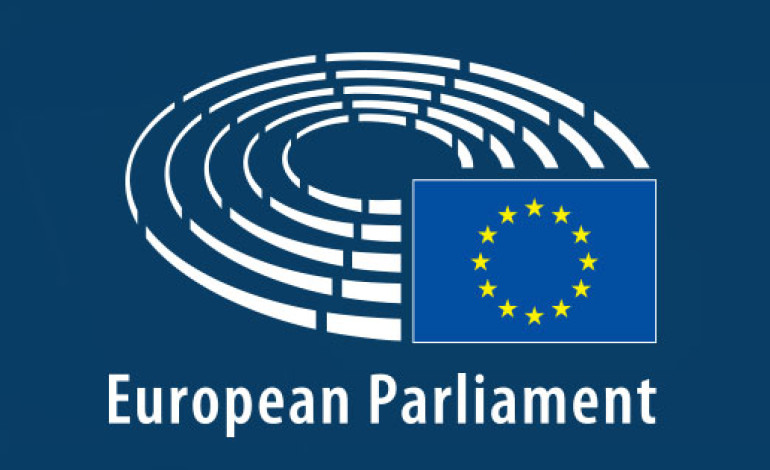
The EU’s controversial new copyright law, which has potential impacts upon music sharing, streaming and hosting websites, may have been passed via MEPs accidentally mis-voting on electronic recorders. The votes inquestion refer specifically to the two most controversial parts of the law, articles 11 and 13.
Since voting to pass the most controversial amendments of the EU’s #copyright directive, some MEPs have claimed that they accidently voted the wrong way. More on this story from @guardian: https://t.co/u2Ak7cNDo8
— SmartFrame (@SmartFrame) April 2, 2019
So what’s actually happened over the past three weeks in the European Parliament. Explaining the voting error in The Guardian Alex Hern writes: “The most controversial aspects of the law are two provisions, originally known as articles 11 and 13 and referred to as the “link tax” and “upload filter” respectively by opponents.
As passed, article 11 strengthens the copyright protections for news publishers against the re-use of their stories by internet companies, while article 13 greatly increases the responsibility internet companies have to prevent their platforms being used for copyright infringement.
Before the final vote on the directive, MEPs had a vote on whether to allow one last batch of amendments. If that vote had passed, a separate vote on articles 11 and 13 would have been allowed, in which MEPs could potentially have voted to remove the controversial clauses from the final directive.
The vote on whether to allow the batch of amendments failed by five votes, 312 to 317. But shortly after, in the European parliament’s official voting record, 13 MEPs asked for their vote to be recorded differently: 10 said they meant to support it, two meant to oppose it, and one meant to not vote at all. If those were counted, the result would have gone the other way. Despite the updated record of votes, however, the initial result still stands”.
Why should we care about this vote however, what sort of impact will this have on music? Noah Yoo writing in Pitchfork magazine explains “Even with licensing agreements in place, it is impossible for large sites like YouTube to obtain authorization for every single piece of music ever uploaded to their servers. This fact, coupled with their possible liability under the new rule, will lead to stricter “upload filters” when it comes to these platforms. This will have consequences for all manners of music that might be difficult to obtain a license for: DJ mixes, remixes, music that is out of print, and other music could be blocked as a result of the filters.”
Earlier in the week the EU Parliament released this video via Twitter. In the video the new rules and regulations for copyright law are displayed and explained. As well as how the law will effect everyday European citizens and allegedly make things fairer for content creators.
Parliament has endorsed new rules that will ensure long-standing rights and obligations of copyright law also apply to the online world. Watch the video to learn what the new rules are about pic.twitter.com/3NyvSfpnmv
— European Parliament (@Europarl_EN) March 27, 2019
